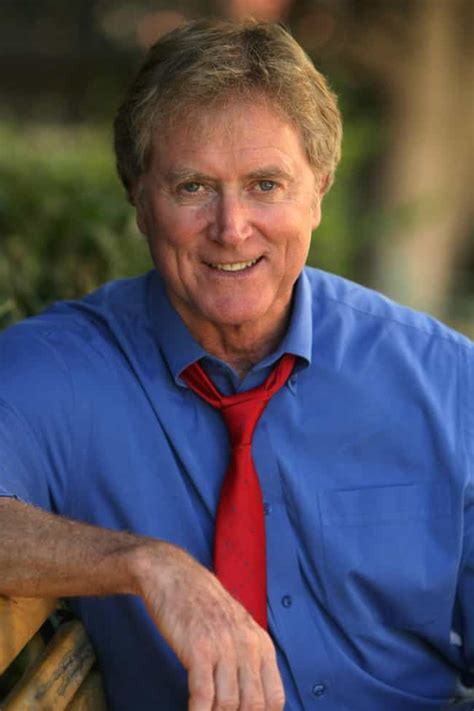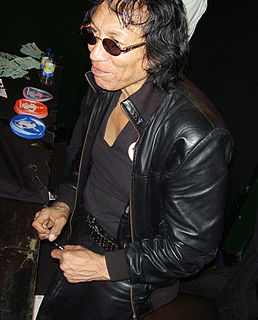A Quote by Tom Junod
The child stars who emerged from Disney boot camp and dominated pop culture in the late '90s and '00s are not only still around but also have spawned successors who have proven even more indispensable to the business of music, movies, and television.
Related Quotes
Hollywood is a very male business, and it has in vast portions of it - the whole action movie part of it might as well be the United States Army in 1943 in that the ethics of it are, you know, boot camp and action movies and guns and explosions and all the rest of it, and that - so that means that about 50% of the business is not only pretty much closed off to women, but women don't even wanna be in it!
In the sixties, the recycling of pop culture turning it into Pop art and camp had its own satirical zest. Now we're into a different kind of recycling. Moviemakers give movies of the past an authority that those movies didn't have; they inflate images that may never have compelled belief, images that were no more than shorthand gestures and they use them not as larger-than-life jokes but as altars.
I think that television lately has been extremely dark and, in some ways, cynical but I also think that people who are writing those shows probably feel exactly as I do - that sometimes the darkness of a story can highlight the light in a story. There's a lot of cynical stuff but I think it may be even more in movies now where you see so many movies about cynical and corrupted characters. That's the state of many movies right now but movies, television, all of culture, there's always going to be a battle between the stories that are cynical and stories that are hopeful.
We talk about how we think, believe, suspect Michael Jackson treats children. We don't talk about how WE treat child stars. Child stars are abused by the culture. And what's more treacherous than when the rewards of child stardom issue from the abuse?
Child stars are performers above all else. Whenever their triumps, they are going to make sure we see everyone of their scars. That's the final price of admission.

































